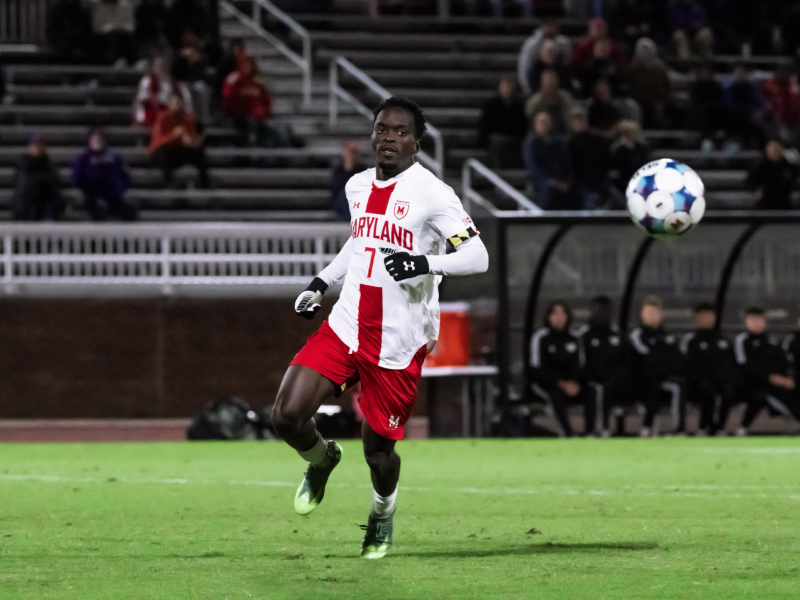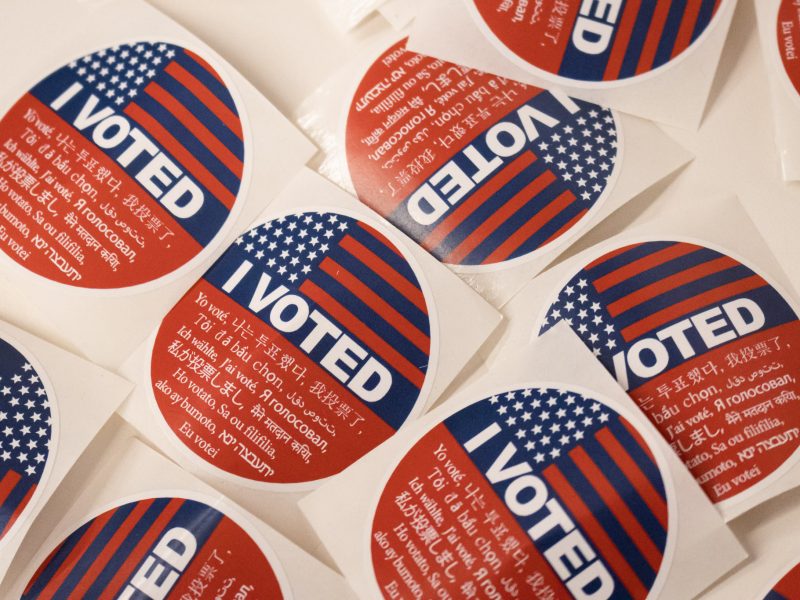When I was in elementary school, I used to rock big noisy Starter jackets in the winter. They were huge. They made me stand out for two reasons. First, the Starter jackets, with their ostentatious football team logos, were fairly popular in the 1990s. Second, they made me look “street” – read: cool.
I didn’t feel cool, though. Truth be told, I wore baggy clothes because they were passed down to me from my older brother. They were even big on him because when we were growing up my mom didn’t want us to grow out of our clothes too quickly, so she bought them a few sizes bigger than necessary.
When I was younger, I didn’t appreciate the economy in her approach. I was jealous that my peers had new clothes that fit and, when I got older, cell phones, cars and iPods. I felt inadequate and, frankly, embarrassed that I didn’t possess nice things.
Now that I have access to more capital and more things, I feel a little better, more confident and socially equipped to deal with some of my more privileged peers. My sense of worth as a human being was based on the possessions I could acquire.
I was, in a word, envious. In a January Today Show appearance, Republican presidential hopeful Mitt Romney claimed people who protest the vast disparities in economic equality are dealing with envy. He said, “You know, I think [critiquing economic inequality is] about envy. I think it’s about class warfare.”
Although Romney’s stark lack of compassion is unsettling, he’s right. Typically, people envy those who have more stuff than they do. In a capitalist society with hierarchies embedded in the way we understand things, everyone wants to be on top.
We have a tendency to constantly compare ourselves to those around us and, sometimes, with people we don’t even know. For instance, prospective students around the country made their graduate school decisions by April 15. As a participant in the process, I saw my peers agonize over getting accepted into the right schools, securing financial aid or, more importantly, getting into schools that others couldn’t get into.
Our economic model – with its highs and lows, elites and commoners, bourgeois and proletariat – doesn’t just foster envy. It also promotes resentment, greed and malice.
Not that a socialist model wouldn’t promote similar feelings. Since our knowledge base incorporates a rugged individualist model of wealth accrual and often ignores – to the dismay of the dismayed – entitlements based on racial, gender and ethnic supremacy, we’d have to effectively wipe capitalism from our collective memory with some sort of Men in Black-ish neuralyzer instrument.
Since that’s not going to happen, how do we deal with the envy and low self-esteem that comes with growing up poor? Our communities have, to a large degree, taken steps to deal with these emotions head on. My mother’s strong Christian values deterred me from envying the gains of other people. If she hadn’t continued to pound her values into me well into young adulthood, I probably would have ended up just hating rich people (which I don’t, but I certainly understand the impulse).
Envy is dangerous, but not because it’s a manifestation of “class warfare.” It’s dangerous because it grows out of systemic inequality.
Jimmy doesn’t know his great-great grandfather was enslaved to Johnny’s great-great grandfather, who made a fortune harvesting tobacco. All Jimmy knows is he wishes he were Johnny.
Michael Casiano is a senior American studies and English major. He can be reached at casiano@umdbk.com.


